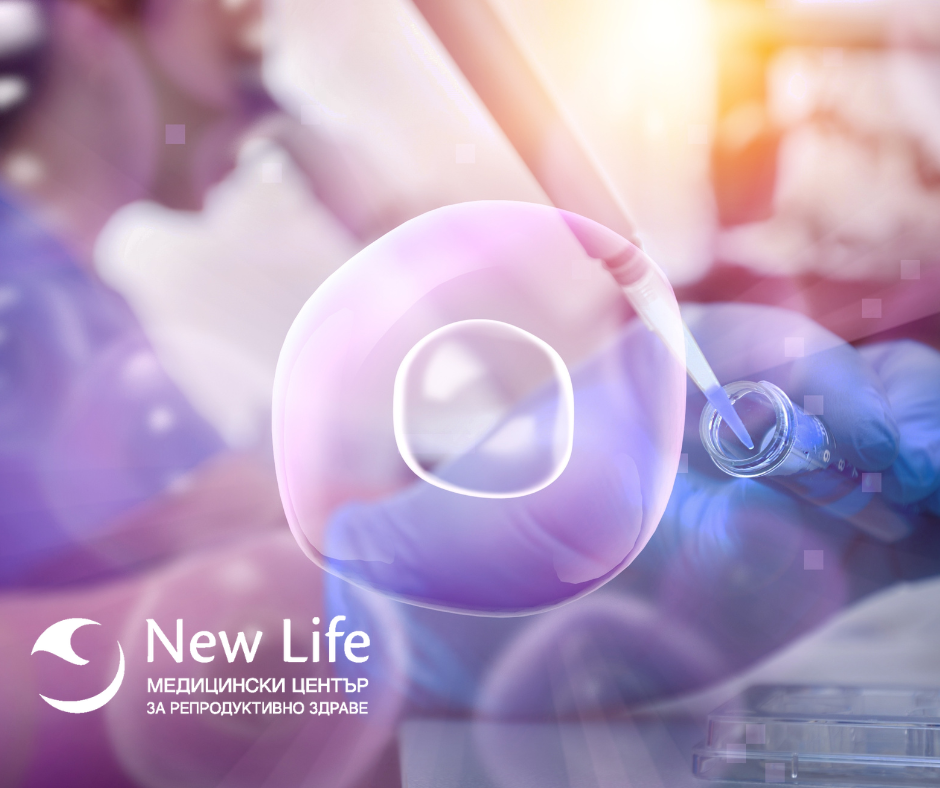IMPLANTATION FAILURE – WHAT ARE THE GENERAL REASONS?
The success rate of in vitro fertilization is determined by various factors. This means that several cycles often have to be carried out until the desired pregnancy is achieved. It is no secret that the process is often long and associated with many emotions.
Although there is no official definition of recurrent implantation failure (RIF), it is generally accepted that it is when pregnancy has not occurred after at least 3 transfers of healthy embryos.
The reasons for this serious problem can be both on the part of the woman and on the part of the embryo. In this article, we will present some of the most common factors contributing to RIF.
MOTHER’S AGE
Studies show that IVF is most successful in women up to the age of 35. With increasing age, cases of aneuploidy (abnormal number of chromosomes) in the resulting embryos increase, leading to a higher number of failed implantations. Interestingly, such a difference in in vitro success was observed to a much lesser extent when donor eggs were used, supporting the idea that maternal age affects egg quality.
UTERINE ANATOMY ABNORMALITIES
Various conditions such as fibroids, hydrosalpinx or congenital abnormalities of the uterus can prevent implantation. They are usually diagnosed before the in vitro cycle has started. At the discretion of your obstetrician-gynecologist, you may be offered surgical treatment.
IMMUNOLOGICAL PROBLEMS
When RIF cannot be explained by another reason, the next step is looking for an immune system abnormality. Among the most common immunological causes of implantation failure are:
- Elevated levels of some antibodies – antiphospholipid, anticardiolipin, anti-β2 glycoprotein-I antibodies, as well as lupus anticoagulant, typically seen in women with antiphospholipid syndrome, are associated with recurrent implantation failure.
- Some features of the woman’s immune system – imbalance between Th1 and Th2 cells, as well as abnormally increased activity of uterine NK cells.
A RECEPTIVE ENDOMETRIUM
The endometrium (uterine lining) undergoes significant changes in its morphology during the menstrual cycle, without which pregnancy could not occur. Under the influence of estrogens and progesterone, the thickness of the endometrium increases to about 8mm. In addition, there is a period called the “implantation window”, around 19-21 days, when the uterus is receptive to the embryo and implantation can occur. In a certain percentage of women, this period of uterine receptivity is shifted from the normal time, resulting in infertility.
Recurrent IVF implantation failure is a complex problem. The various reasons that can lead to it determine the availability of different methods of treatment.
https://newlifeclinic.bg/2021/02/15/nk-%d0%ba%d0%bb%d0%b5%d1%82%d0%ba%d0%b8/










